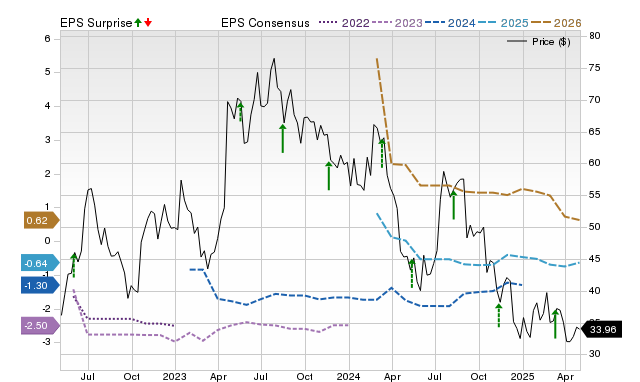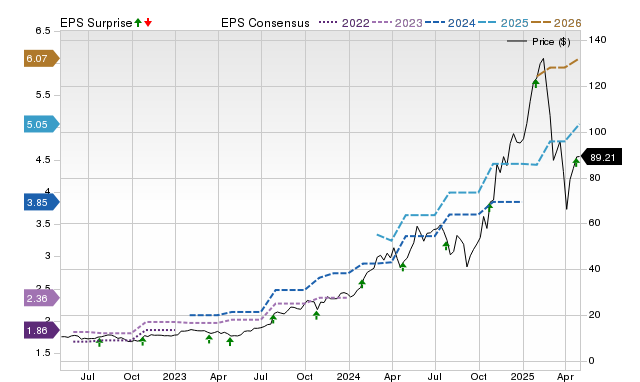Egg Subsidy Cut Could Fry Small Food Businesses, Say Kuching Vendors

Tiong preparing noodles for customers in Kuching.
KUCHING (April 30): Small food vendors here say the federal government’s plan to remove subsidies on eggs could be the breaking point for their already fragile businesses, as the cost of living continues to climb.
This follows the announcement made by the Ministry of Agriculture and Food Security (KPKM) today, who said it would gradually withdraw subsidies on eggs with a complete removal expected on August 1.
However, small-scale food operators here say they are bracing for a difficult period ahead, as the cost of eggs continues to rise.
Wenny Simbah, 38, a bakery operator and cake maker based here, said the hike in egg prices would seriously impact traders like her who rely on basic ingredients in daily operations.
“In my opinion, if the government withdraws the subsidy on eggs and other things, it will be difficult for us traders. Just last week, butter prices also went up—now, eggs.
“For small traders like us, this is a big problem because we don’t buy ingredients in bulk. We buy at retail prices. If possible, items like eggs and other basic ingredients shouldn’t go up in price, especially during times like these.
“Many small businesses are already struggling to compete with well-known brands, she said.
Wenny Simbah
She said that larger bakeries, which can afford to buy wholesale and maintain inventory, have a major advantage over small home-based businesses.
“Our biggest competitors are big bakeries as they can keep stock and get wholesale prices, so they can sell cheaper. We can’t compete because our costs are higher.
“Also, customers these days don’t care much about quality. They just want cheaper prices because everyone has lost their purchasing power,” she said.
Wenny urged authorities to maintain ceiling prices for essential ingredients such as eggs and sugar, saying that without proper control, small and medium-sized businesses would be unable to grow.
Paul Tiong, 44, a noodle seller in Kuching who is known for making his own noodles, echoed similar concerns.
He questioned the repeated price hikes, expressing frustration that egg prices were increasing again as he emphasised that nearly all food items contain eggs.
“If egg prices go up, everything else goes up too. And when everything goes up, people have less money to spend. For us in business, it just gets worse. If we raise prices, people won’t buy. If we lower prices, there’s no profit. We can’t even afford to pay our workers if this keeps going on,” he said.
Desmond Mitchell Hill, 44, a part-time food vendor selling Western fusion dishes, said that the rising cost of eggs would push food prices even higher.
He said eggs are very important in the food industry and if egg prices go up, food prices would rise in tandem, which is not good for consumers.
Desmond Mitchell Hill
“Because of that, food vendors like me don’t agree with this decision by the government. In the end, it’s always the big companies who are not really affected.
“It’s the small-time vendors like me who suffer. And when we have to raise prices, customers will just complain and stop coming,” he said.
Khairul Azhar, 40, who runs a roadside burger stall in Batu Kawa, said small food vendors would feel the immediate impact of the price hike as eggs are one of the most commonly used ingredients for small food businesses like his.
He also opined that the rise in egg prices would significantly affect small traders, who may be left with no choice but to raise the prices of their food to cope with higher costs.
Khairul Azhar
“This situation would also impact the general public, particularly low-income individuals for whom eggs are a daily necessity. The price hike is expected to add yet another layer of financial burden on those already struggling to make ends meet,” he said.
As for Azizul Baili, 42, who runs a catering business, he said the end of the egg subsidy poses a major challenge for small and medium-sized food vendors and if prices rise significantly, sellers would be forced to raise food prices, which will burden customers.
This would also hurt ‘kuih’ sellers and small bakers who rely heavily on eggs in their recipes, he said, adding that eggs are a staple food for many Malaysians due to being affordable and easy to prepare.
However, if prices spike, consumers may start avoiding egg-based dishes altogether, he cautioned.
Azizul Baili
“If prices stay the same, vendors risk suffering losses—it’s disappointing and sad, but we have no choice.
“Besides that, if one egg costs the same as a plate of noodles now, I think people would just eat noodles too,” he said.
Azizul also noted that consumers often blamed food vendors for price hikes, without realising the cause is rising ingredient costs.
“We hope buyers understand and it’s not our fault. We’re very sorry, but we have no choice,” he said while urging the government to reconsider the removal of the subsidy.
Earlier today, KPKM announced that the egg subsidy will be reduced from RM0.10 to RM0.05 per egg starting May 1, before being fully discontinued in August.
The announcement also said that the decision was made after considering the industry’s ability to maintain stable egg production, and the high financial cost of continuing the subsidy.
The post Egg subsidy cut could fry small food businesses, say Kuching vendors appeared first on Borneo Post Online.


